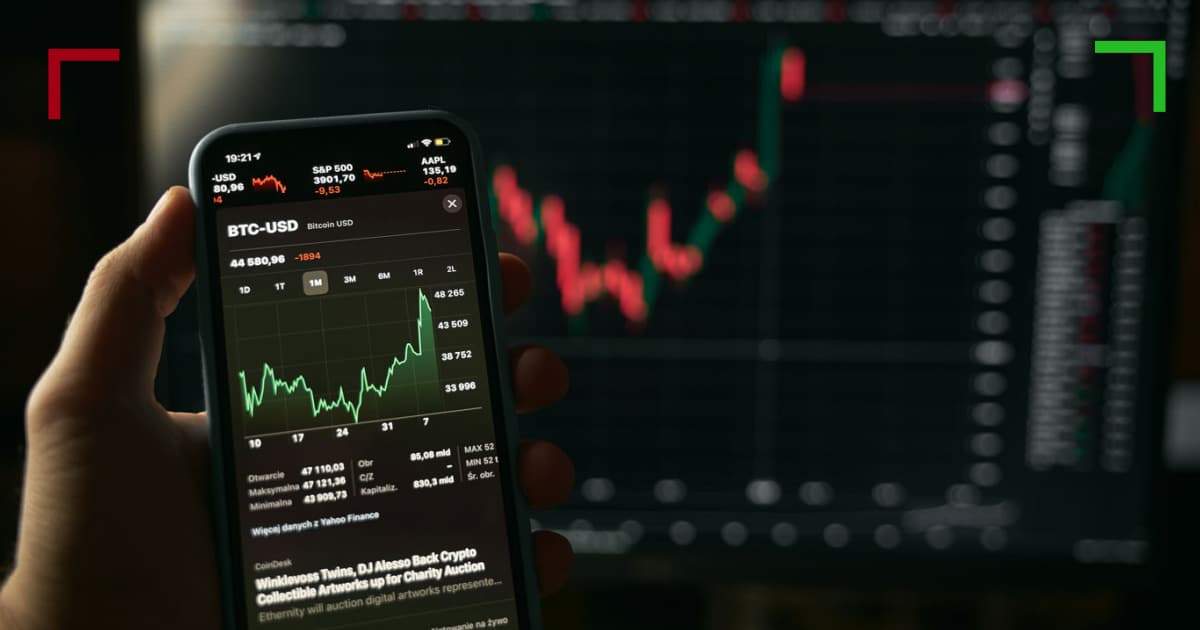
Ensuring Safety: A Comprehensive Guide to Crypto Trading Security
In the evolving landscape of digital finance, understanding Crypto Trading Security click here is imperative for everyone engaging in cryptocurrencies. As the popularity of digital currencies continues to rise, so does the vulnerability to cyber threats, hacks, and fraud. This article aims to equip traders and investors with the knowledge necessary to navigate the complexities of crypto trading securely.
The Importance of Security in Crypto Trading
The cryptocurrency market operates 24/7, offering a level of accessibility that traditional financial markets cannot match. However, this accessibility also attracts malicious actors who look to exploit vulnerabilities within trading platforms and wallets. As the saying goes, “with great power comes great responsibility.” This means that individuals must take proactive steps in safeguarding their investments.
Common Security Threats in Crypto Trading
Before diving into the strategies for enhancing security, it’s vital to understand the common threats that crypto traders face:
- Phishing Attacks: Cybercriminals often create fake websites or send emails that appear to be from legitimate exchanges to collect sensitive information.
- Exchange Hacks: Centralized exchanges are lucrative targets for hackers. Security breaches can lead to massive losses for users if funds are stored on these platforms.
- Malware: Malicious software can infiltrate your device, capturing keystrokes or stealing wallet information without your knowledge.
- Social Engineering: This involves deceiving individuals into sharing confidential information through manipulation, often via phone calls or social media.
Best Practices for Crypto Trading Security

To combat these threats, here are some best practices that can help enhance your crypto trading security:
1. Use Hardware Wallets
Hardware wallets provide an extra layer of security by storing your private keys offline, significantly decreasing the risk of being hacked. Popular options include Ledger and Trezor, which offer secure storage solutions for various cryptocurrencies.
2. Enable Two-Factor Authentication (2FA)
Always enable 2FA on your trading accounts. This additional layer requires a second form of verification, such as a text message or authentication app code, that makes it much harder for unauthorized individuals to access your account.
3. Beware of Phishing Attempts
Always double-check URLs before entering personal information. Look for “https” at the beginning of web addresses and be wary of emails from unknown sources. Using bookmarks for frequently visited sites can help reduce the chances of falling victim to phishing.
4. Keep Software Up to Date
Regularly update your trading platform and any software you use. Developers frequently release updates to fix vulnerabilities that could be exploited by hackers.

5. Choose Reputable Exchanges
Before trading, research the exchange’s reputation. Look for trust signals such as insurance policies, regulatory compliance, and positive user reviews. Exchanges that prioritize security measures often fare better in terms of safeguarding user funds.
6. Diversify Your Assets
Don’t keep all your crypto assets in one place. Diversifying across wallets can mitigate the impact of a potential compromise. For instance, maintain a portion of your assets in a hardware wallet while keeping some funds in a trusted exchange for trading.
7. Educate Yourself and Stay Informed
Being aware of the latest security techniques and threats in the crypto space is key. Follow trusted news sources, join community forums, and participate in discussions to stay updated on the evolving landscape of crypto security.
Conclusion
Security should always be a top priority when it comes to crypto trading. By equipping yourself with the right tools and knowledge, you will be better prepared to navigate the challenges presented by the cryptocurrency market. As new threats and technologies continually emerge, maintaining a proactive stance on security will ensure the safeguarding of your digital assets for future trading endeavors.
In summary, implementing these strategies can significantly enhance your trading security. The world of crypto is ripe with opportunities, but it is essential to approach trading with caution and awareness.